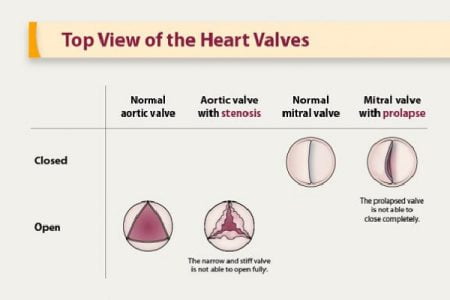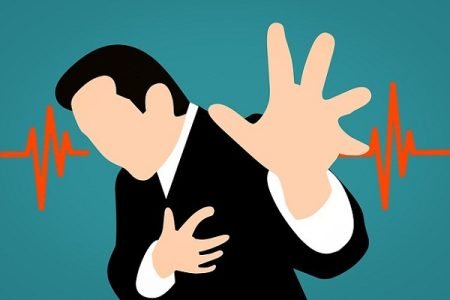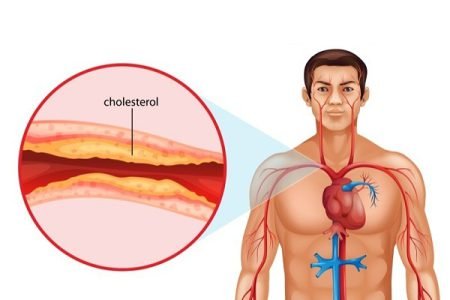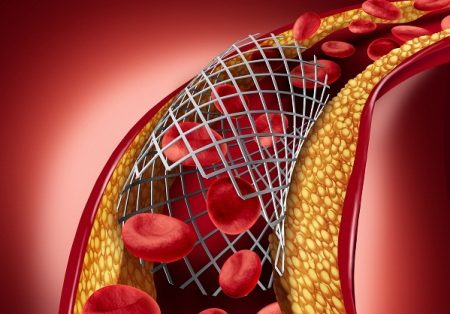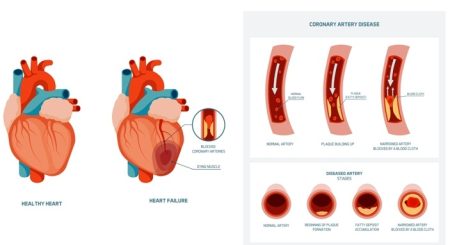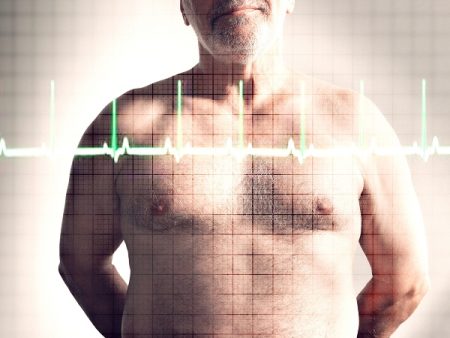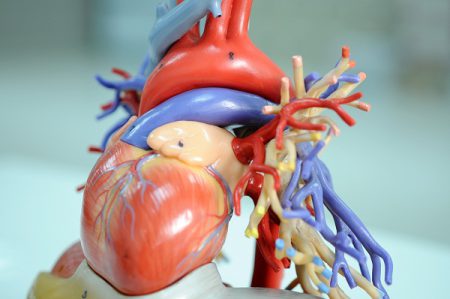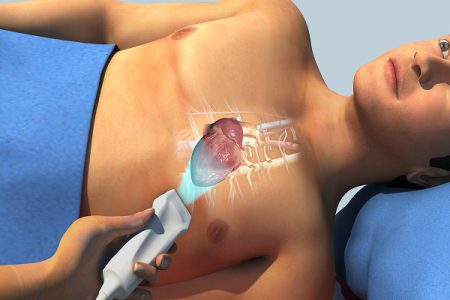Browsing: Coronary Heart Disease
Comprehensive Information, Resources, and Support on Coronary Heart Disease
Any heart valve that has been damaged or is ill is said to have valvular heart disease. Valve illness has…
Human Heart: Anatomy, Function, Chambers, Location, Facts
The heart is a muscular organ that works as your body’s circulatory pump. It takes in deoxygenated blood through the veins and delivers it to the lungs for oxygenation and then pumps this oxygenated blood into the arteries. In coronary heart disease, the heart does not function properly. Learn more about your heart.
Angina is a common symptom of coronary heart disease (CHD). A person may experience pressure in chest as if someone is pressing hard. Another common symptom of coronary heart disease is shortness of breath. Some people may not experience any signs
Coronary artery disease, also called as coronary heart disease, is a chronic condition that affects millions of Americans. It is caused as a result of plaque buildup over a period of time. The arteries, which are initially smooth and elastic, get plaque deposited on their inner walls. This makes them rigid and narrowed.
Treatment for coronary heart disease involves multiple things. It is usually treated through lifestyle changes, drugs, and certain medical and surgical procedures. Angioplasty is a common procedure that is used to open the clogged arteries. Stents can be placed to keep them open after the procedure. Lifestyle changes are important in managing the disease.
No single test can diagnose whether you have coronary heart disease. If the physical examination and blood tests indicate that you may have it, he will recommend one or more of several available tests. These tests include such as electrocardiogram, echocardiography, stress testing, CT coronary angiography, and cardiac catheterization.
A heart murmur is the sound of the turbulence of the blood flow in your heart. It isn’t a disease in itself but may indicate an underlying heart disease. Patients who have abnormal heart sounds or abnormal heart murmurs may show symptoms or signs of the underlying disease.
Heart Rate by Age
Heart rate (also called as pulse) is the number of times your heart beats every minute. The average resting heart rate (that is when you are sitting or lying calmly) slows down progressively through childhood toward adolescence. Read this article to know your average normal heart rate according to your age.
The disease generally starts with the collection of the cholesterol in the arteries and blood vessels walls from a young…
What is echocardiogram and echocardiography? An echocardiogram (sometimes also called echo) is a test that uses high frequency sound waves…




